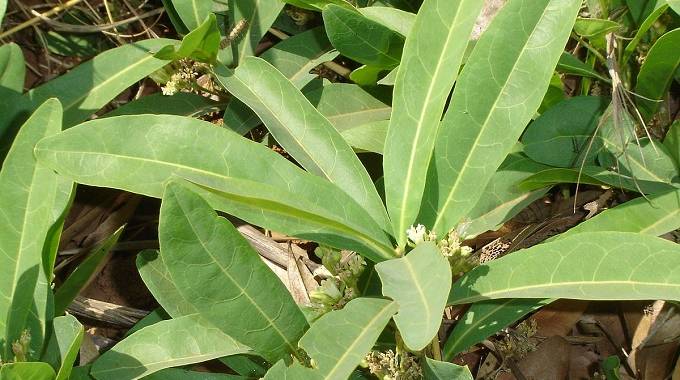Vet Dept warns cattle farmers to be wary of poisonous plant
The Chronicle

Andile Tshum, Chronicle Reporter
THE Department of Veterinary Services has warned farmers to be wary of losing their livestock to a poisonous plant, dichapetalum cymosum which has claimed at least 10 beasts in Umguza District.
Bulawayo District Veterinary officer Dr Ndabezinhle Mkhwananzi said farmers have perennially lost their animals, mostly cattle to the poisonous plant known as dichapetalum cymosum in Latin and umkhawuzane in iSiNdebele and as such there was a need to take precautionary measures to avert more livestock deaths.
Umkhawuzane has green leaves and is mostly the first plant to get green in spring or during the first rains, thereby attracting animals.
It is small with a very extensive root system that goes up to 20 metres deep. About 10 beasts died after eating the plant last week in Nyamandlovu, Umguza district.
“Farmers should be wary of umkhawuzane because it is fatal to animals especially ruminants like cattle, goats and sheep and it does give a lot of headache to our animals especially those who are new in an infested area as it gets to epidemic levels. Even for those that have been in the terrain for some time, they also die after consuming the plant,” said Dr Mkhwananzi.
He urged farmers to consider having their livestock insured to avoid loss.“It is just that the economy is very bad but getting insurance for livestock is a viable idea to prevent such losses. Insurance may seem expensive but it is worth it in such times,” said Dr Mkhwananzi.
Umkhawuzane is mostly confined to the Kalahari sands of Matabeleland North and Matabeleland South provinces and parts of Mwenezi District in Masvingo.
In Matabeleland it has killed a substantial number of cattle mostly in Tsholotsho, Umguza and Nkayi districts.
Dr Mkhwananzi said there is no treatment for animals that might have ingested the plant.
However, if the cattle are deprived of water which activates the poison, they may survive.
“Farmers can prevent deaths by ensuring that their animals don’t graze in infested areas or fencing off that area. In the event that the animals might have consumed umkhawuzane, farmers should ensure that they shouldn’t drink water for at least three days, that way one can reduce mortalities,” said Dr Mkhwananzi.Death occurs four to 24 hours after ingestion.
In rare cases, an animal will survive the initial period only to drop dead months later of heart failure.
– @andile-tshuma
